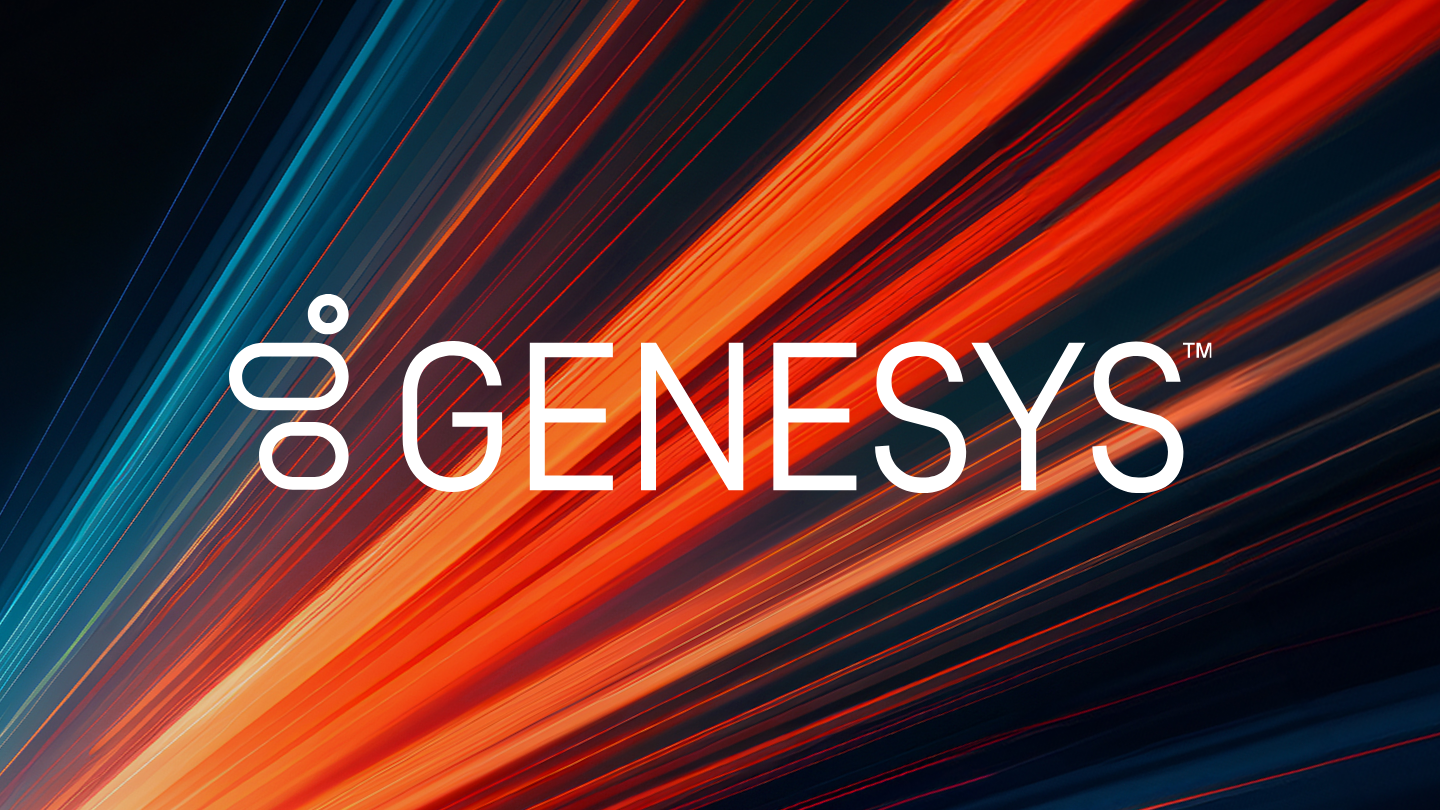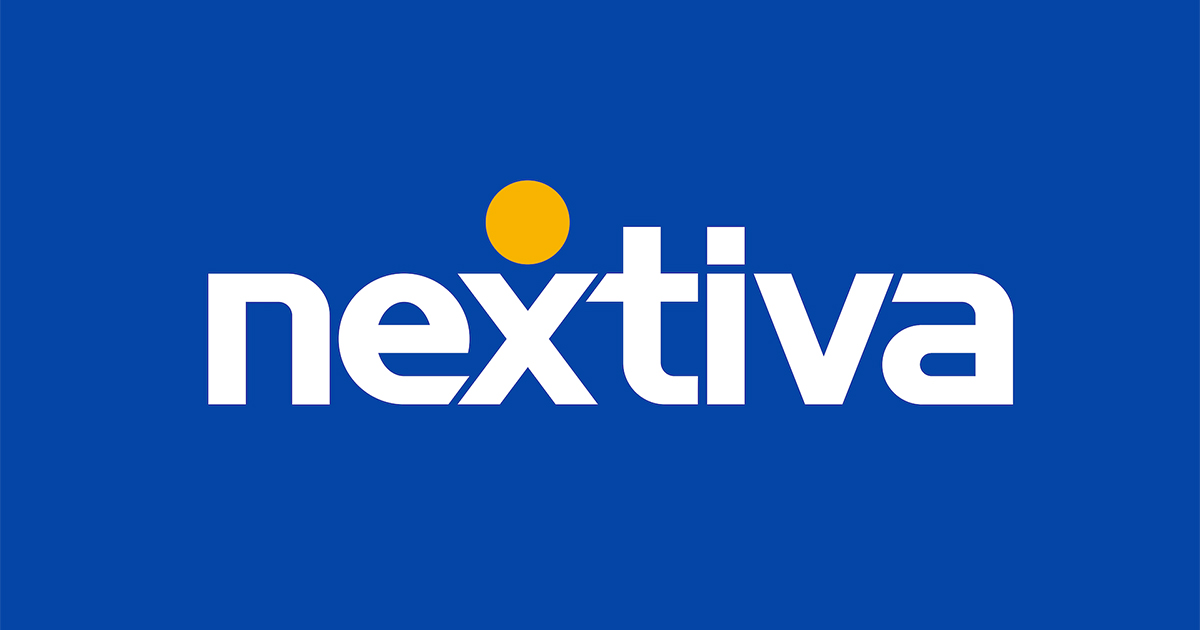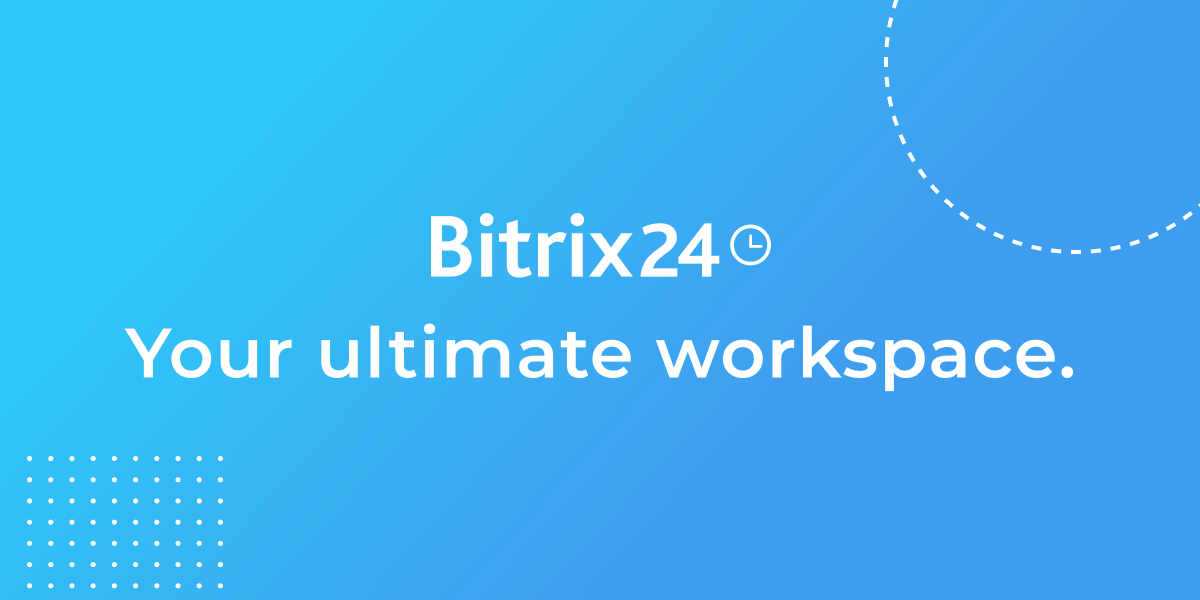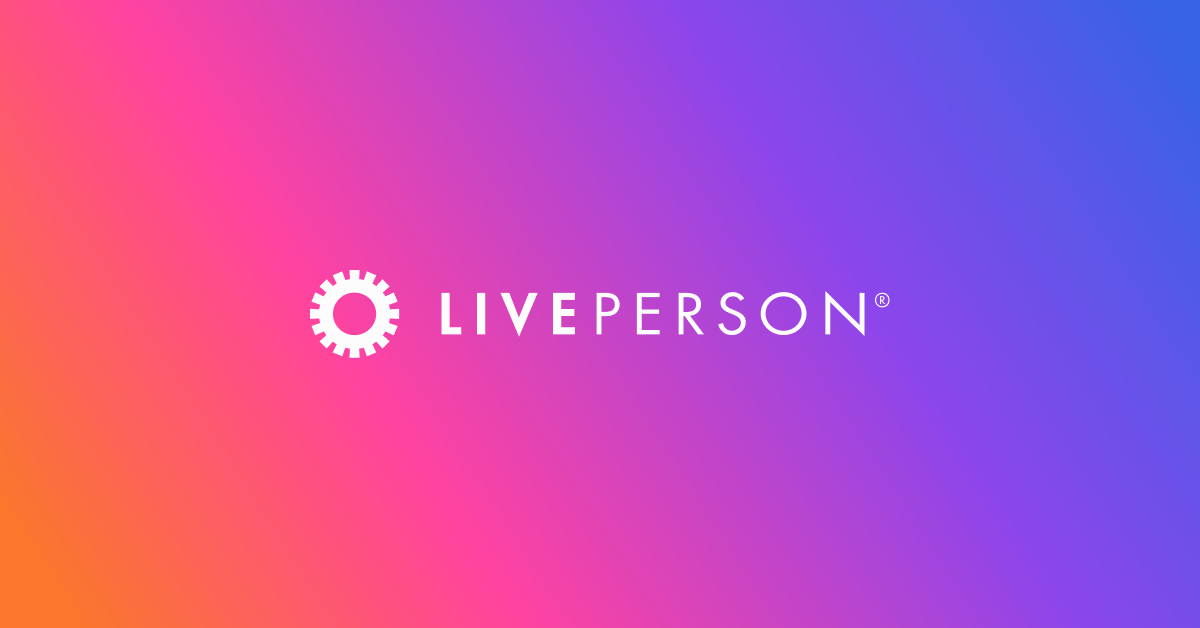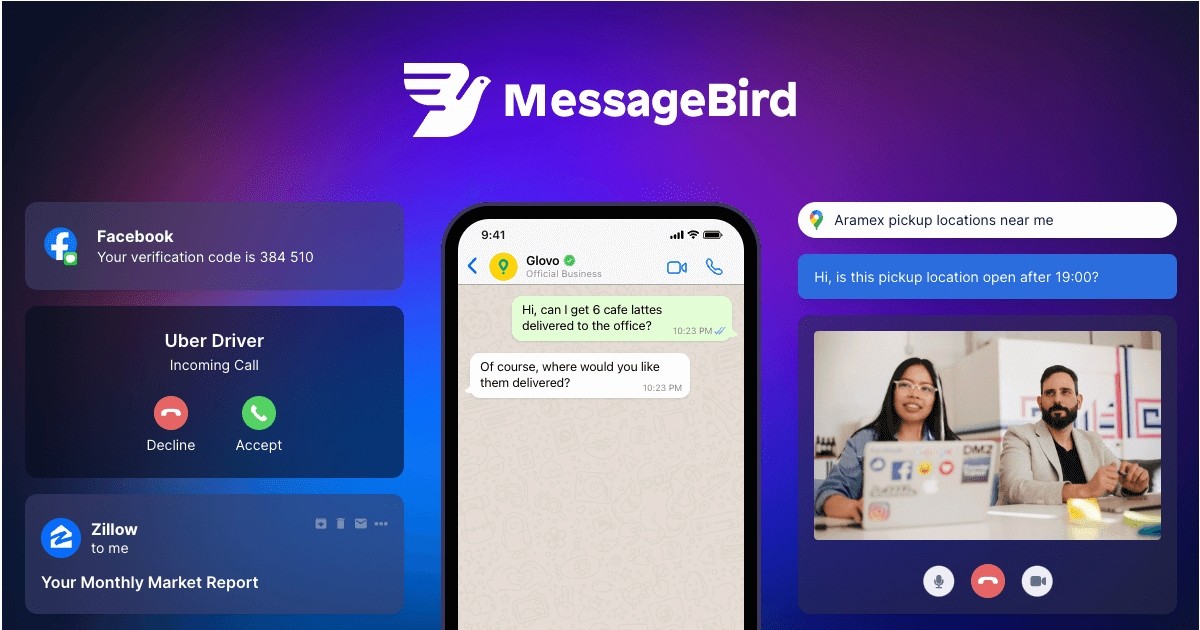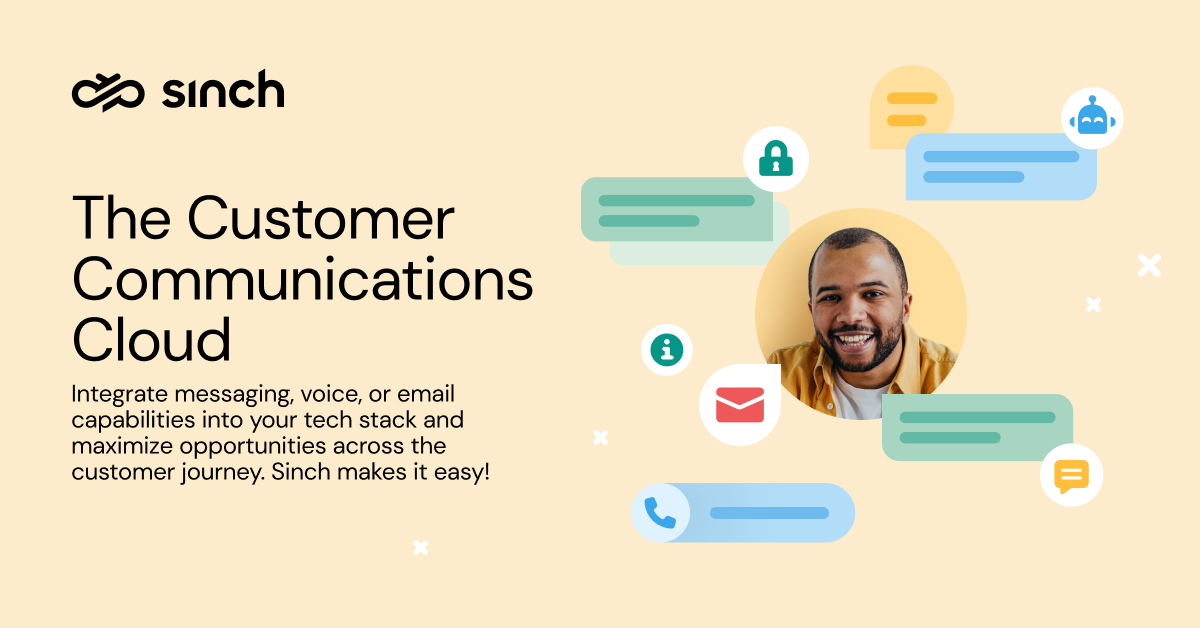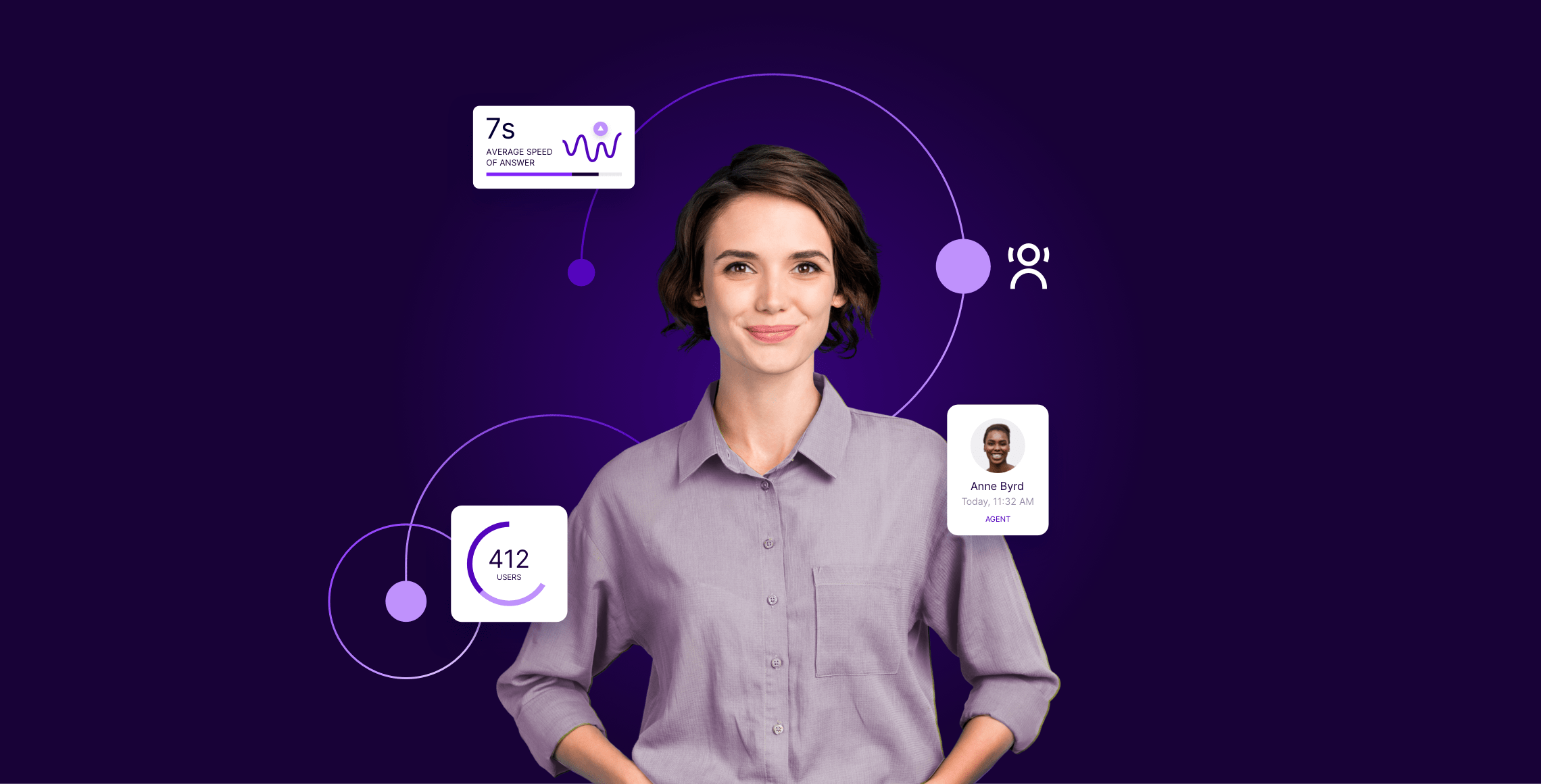Introduction
Auto dialers play a vital role in scaling contact center operations and maximizing agent productivity. However, with so many auto dialer software providers to choose from, selecting the right one can be an overwhelming task. This guide examines and ranks 15 leading auto dialer platforms based on critical factors like functionality, support, ease of use, integration capabilities, pricing and more. The evaluation criteria and ranking methodology are also outlined to help you make an informed selection.
Methods of Evaluation
Each auto dialer software was evaluated based on key criteria like features, pricing, customer reviews, ease of use and support. Additionally, other ranking factors such as number of backlinks, organic traffic and keyword trend data were leveraged to determine the most popular and sought-after platforms. Highly-rated features include omni-channel capabilities, artificial intelligence, reporting & analytics, mobile applications as well as pricing and platform flexibility. Customer reviews on third-party sites also played a key role in the ranking process.
1. Zendesk Talk
Zendesk Talk is a leading omnichannel contact center platform that allows businesses to manage customer queries across different channels like phone, email, chat and social media in one place. Some key features include auto dialer capabilities, CRM integration, quality management, reporting and analytics.
Pros: Some key advantages of Zendesk Talk include:
– Omnichannel contact center software that allows agents to handle queries from multiple channels seamlessly
– Seamless CRM integration with CRM platforms for a unified customer profile
– Robust quality management features to monitor agent performance and ensure great customer experiences
– Detailed analytics and reporting to gain insights into customer needs and track KPIs
Cons: One potential disadvantage is that the pricing can be relatively high for smaller businesses and startups compared to other contact center solutions.
Pricing: Zendesk Talk pricing starts from $49 per agent per month for the Standard plan which includes basic features. For more advanced features, the Premium plan starts from $99 per agent per month.
Some key stats about Zendesk Talk include:
– Used by over 200,000+ companies globally
– Supports communication in over 30 languages
– Handles over 150 billion conversations annually
– Integrates with over 700+ applications including Salesforce, Shopify, Hubspot and more
2. RingCentral
RingCentral is a leading provider of enterprise cloud communications and contact center solutions. Founded in 1999, RingCentral offers a complete package of voice, video, team messaging, and contact center solutions in a single unified platform that can be accessed anywhere on any device. With over 5 million users worldwide, RingCentral offers reliable and scalable communications tools for businesses both small and large.
Pros: Some key advantages of RingCentral’s auto dialer software include:
– Unified communications platform for voice, video, messaging in a single solution
– Flexible cloud-based scalability to meet growing business needs
– Compatible with any device including desktop, mobile, and tablets
– Reliable high-quality voice and video calling
Cons: One potential disadvantage is that as a fully cloud-based solution, it requires an internet connection to use all features. However, RingCentral has mechanisms to ensure reliability even during internet disruptions.
Pricing: RingCentral offers competitive pricing plans to suit businesses of all sizes. Pricing is calculated on a per-user per-month basis starting from $19.99 for the essentials package up to $44.99 for the premium package. Volume-based discounts are also available for larger businesses.
Some key stats about RingCentral include:
– Over 5 million users worldwide
– Supports over 100 countries
– 99.999% uptime service level agreement
– Integrated unified communications platform
– Flexible cloud-based scalability
3. Avaya
Avaya is a global leader in solutions to enhance and simplify communications and collaboration. Avaya provides a leading auto dialing software called Avaya Engage that is reliable, scalable and offers advanced capabilities for contact centers. Avaya Engage can be deployed both on-premise or as a cloud-based software-as-a-service offering.
Pros: Some key advantages of Avaya Engage auto dialer software include:
– Reliable and scalable solution
– Robust reporting and analytics
– Easy to deploy and manage
– Seamless integrations
Cons: The only potential disadvantage is that the cloud version has slightly higher pricing compared to the on-premise deployment. However, the flexibility and scalability of the cloud model makes up for the slight increased cost.
Pricing: Avaya Engage is available both as an on-premise licensed software as well as a cloud-based subscription model.
The on-premise software pricing starts from $25 per concurrent agent per month.
The cloud-based SaaS version starts from $35 per concurrent agent per month with additional fees for add-ons and professional services.
Some key stats about Avaya Engage auto dialer software include:
– Supports over 100,000 concurrent agent sessions
– 99.999% uptime SLA
– Integrates with all major CRM systems like Salesforce, Microsoft Dynamics etc.
– Supports omni-channel communications including voice, email and chat.
– Provides AI capabilities for predictive routing and conversations.
4. Genesys
Genesys is a global leader in omnichannel customer experience and contact center solutions. Founded in 1990, Genesys powers more than 25 billion of the world’s best customer experiences each year. Genesys software directs more than 100 million calls, emails, chats, TMS messages, API calls, and other customer interactions daily.
Pros: Some key advantages of Genesys include:
– Artificial intelligence capabilities to personalize customer experiences
– Excellent suite of solutions for optimizing the entire customer journey
– Omnichannel engagement options for interacting with customers across all popular channels
– Mobile-optimized agent apps for handling customer requests from anywhere
Cons: One potential disadvantage is the higher cost compared to some other contact center solutions. However, Genesys offers a full featured platform suitable for large and mid-sized enterprises.
Pricing: Genesys offers both perpetual and subscription licensing models. Pricing is dependent on number of agents, desired functionality and add-ons. Contact a Genesys representative for a custom quote.
Some key stats about Genesys include:
– Powering over 25 billion customer experiences annually
– Directing over 100 million customer interactions daily
– Trusted by over 10,000 companies globally
– Solutions deployed in over 100 countries
5. Dialpad
Dialpad is an all-in-one cloud phone system and contact center solution headquartered in San Francisco. The company was founded in 2011 with a goal to modernize business communication and offer a robust cloud-based alternative to traditional on-premise phone systems. Available as a standalone phone system or as an add-on to existing CRM and collaboration tools like Salesforce and Google Workspace, Dialpad empowers companies to communicate across voice, video, chat and social.
Pros: Some of the key advantages of Dialpad’s auto dialer software include: – Powerful auto dialer functionality for high call volume operations – Advanced integrated features like AI-powered chatbots and virtual assistants – Cloud-based solution allows flexibility to work from anywhere – Competitively priced plans for businesses of all sizes
Cons: One potential disadvantage is that as a cloud-only solution, companies invested in existing on-premise phone systems may face more disruption to migrate over to Dialpad.
Pricing: Dialpad offers flexible monthly plans starting from $25 per user per month for their basic Talk plan up to $79 per user per month for their Uber plan which includes features like call recording, group chat, video conferencing and more. They also offer customized enterprise pricing.
Some key stats about Dialpad include: – Used by over 50,000 businesses worldwide – Supports over 5 billion minutes of calls per month – Integrates with over 200 leading apps including Salesforce, Hubspot and Google Workspace – Over 30 billion messages transcribed annually with AI and Natural Language Understanding
6. Nextiva
Nextiva is a leading provider of cloud-based business communications solutions. Founded in 2006 and based in Scottsdale, Arizona, Nextiva offers all-in-one unified communications tools like phone systems, contact center software, auto dialer capabilities and more to over 100,000 customers worldwide.
Pros: Some of the key advantages of Nextiva include:
– All-in-one platform for business phone system, contact center software, auto-dialer and more
– Intuitive and powerful auto-dialer with robust reporting and analytics
– Omnichannel capabilities including messaging, video chat and more
– Competitive monthly pricing plans for businesses of all sizes
Cons: One potential disadvantage is that some advanced features may require additional addons or upgrades at a higher cost
Pricing: Nextiva offers flexible and affordable monthly pricing plans starting as low as $19.95 per user per month. Plans are customizable based on business needs with options for auto-dialer, call recording, CRM integrations and other advanced features available as upgrades.
Some key stats about Nextiva include:
– Supports over 100,000 businesses globally
– Over 10 years in business
– Named a leader in Gartner’s UCaaS Magic Quadrant report
– Integrates with over 300 third-party business apps
7. 8×8
8×8 is a leading provider of cloud-based contact center and unified communications solutions. Founded in 1987, 8×8 offers an integrated platform that brings together contact center, voice, video, chat and API capabilities. With over a million users across more than 100 countries, 8×8 aims to help companies of any size deliver exceptional customer experiences.
Pros: Key advantages of 8×8’s solutions include:
– Fully cloud-based platform requires no expensive hardware or costly on-premise setup
– Advanced auto-dialer and omnichannel routing for seamless customer interactions
– Robust reporting and wallboards powered by AI-driven analytics
– Full suite of UC features including voice, video, chat and customized workflows
Cons: A potential disadvantage is that the fully cloud-based nature means companies rely on an internet connection and cloud uptime/reliability.
Pricing: 8×8 offers flexible pricing plans tailored for organizations of all sizes. Pricing is on a per-agent per-month basis starting from around $35 for basic features up to $75 for advanced capabilities. Volume-based discounts are also available.
Some key stats about 8×8 include:
– Over a million users globally across a wide range of industries
– Customers include 50% of the Fortune 100
– Over 100 countries with data centers around the world
– Consistently receives high customer satisfaction ratings
8. Bitrix24
Bitrix24 is an all-in-one communication platform for small and medium-sized businesses. It offers a complete suite of tools including CRM, online meetings, document management, ticketing, tasks and workflows. The platform aims to help businesses manage communication and optimize business processes through intelligent automation.
Pros: Some key advantages of Bitrix24 include:
– All-in-one communication platform that combines CRM, live chat, video conferencing and more
– Intelligent call automation capabilities using bots and workflows
– Robust CRM, ticketing and calendar management tools
– Affordable pricing for growing small and medium sized businesses
Cons: One potential disadvantage is that the free plan only allows for 5 users which may not scale for larger teams. Upgrading to a paid plan increases costs as the team and features grow.
Pricing: Bitrix24 offers three pricing tiers:
– Free plan for up to 5 users
– Standard plan starting at $15/user/month billed annually
– Premium plan starting at $30/user/month billed annually
Some key stats about Bitrix24 include:
– Used by over 5 million users worldwide
– Available in over 35 languages
– Integrates with over 500+ apps including Dropbox, Microsoft 365 and Gmail
– Secured more than $100 million in funding since its inception
9. Conversational LivePerson
LivePerson’s Conversational AI Platform, marketed as Conversational LivePerson, is an AI-powered digital engagement platform that allows businesses to have natural conversations with customers over popular messaging channels like SMS, Facebook Messenger, and more. The platform utilizes AI and machine learning to automate interactions and route conversations to agents when needed.
Pros: Some key advantages of Conversational LivePerson include:
– AI-powered predictive routing to determine the best path for each conversation.
– A unified messaging and conversational platform to support multiple channels.
– The ability to deliver personalized experiences at scale through AI-driven segmentation and messaging.
– Robust analytics and reporting to measure engagement, response times, sentiment, and other key metrics.
Cons: One potential disadvantage is the platform requires training AI models which can be resource-intensive initially. It also has a significant upfront cost compared to some other conversational AI solutions.
Pricing: Conversational LivePerson pricing is based on monthly agent seats and additional premium features. Core packages start around $150-250 per agent seat per month for basic messaging and routing capabilities. Larger plans with more advanced AI, analytics, and integrations can exceed $1000 per agent monthly.
Some key stats about Conversational LivePerson include:
– Over 26,000 brands and enterprises use LivePerson to engage with over 1 billion consumers each month.
– The platform is available in over 20 languages to support global businesses.
– LivePerson processes over 35 billion digital interactions annually across mobile, web, social, and more.
10. MessageBird
MessageBird is a leading cloud communications platform that allows businesses to connect with customers over voice, text, email and more using its applications and APIs. Founded in 2011 and headquartered in Amsterdam, MessageBird serves over 50,000 customers globally including large enterprises as well as small businesses.
Pros: Some key advantages of MessageBird include:
– Omni-channel communications – Connect with customers via voice, SMS, email and other popular channels
– Developer friendly APIs – Easy to integrate communications using comprehensive APIs
– Affordable cloud-based pricing – Low cost due to economies of scale of cloud infrastructure
– Robust reporting & analytics – Gain valuable insights with analytics dashboard and reporting
Cons: The only potential disadvantage is that MessageBird does not offer an auto-dialer application out of the box. However, its APIs can easily be integrated with third party auto-dialer and lead management software.
Pricing: MessageBird offers flexible pay as you go pricing based on usage. There are no minimum fees or setup costs. Basic text and voice messaging starts from $0.0075 per message. Additional features like email, two-factor authentication etc. are priced separately on usage.
Some key stats about MessageBird include:
– Processes over 30 billion communications annually
– Supports communication in 200+ countries and territories
– Provides APIs in over 30 programming languages
– Has over 1,000 experts across 6 continents
11. Sinch
Sinch is a leading Telecommunications API and cloud communications platform. Founded in 2008, Sinch has grown to offer developers and businesses access to communications tools and infrastructure via their APIs. Their platform allows customers to build customized omni-channel communications directly into their applications and workflows.
Pros: Some key advantages of Sinch’s communication platform include:
– Programmable communication APIs allow customers to customize messaging, voice and video experiences
– Global footprint provides reliable voice and messaging reach in over 185 countries
– Robust call analytics and reporting tools give insights to optimize campaigns
– Massively scalable infrastructure designed for large enterprise teams and usage
Cons: As an API-based platform, developers need strong coding skills to fully leverage Sinch’s capabilities. The learning curve may be higher compared to no-code dialer tools.
Pricing: Sinch offers pricing plans tailored for different use cases and volumes. Common options include pay-as-you-go rates based on usage or annual subscriptions with included usage quotas. Contact Sinch sales for a custom quote tailored to your specific needs and volumes.
Some key stats about Sinch include:
– More than 100,000 apps use Sinch APIs
– Reach over 1 billion mobile subscribers globally
– Handles over 200 billion messages per year across voice and messaging
12. Infobip
Infobip is a leading global cloud communications platform that enables businesses to build meaningful connections with customers. With over a decade of experience serving enterprises, Infobip’s technology powers billions of interactions between businesses and people every day across all digital channels. Infobip’s auto dialer software allows businesses to automate calls for marketing, collections, appointments and more.
Pros: Some key advantages of Infobip’s auto dialer software include:
– SMS and messaging tools allow businesses to send automated SMS campaigns
– Call automation capabilities include intelligent IVR, predictive dialer, progressive dialing and call recording
– Fully API programmable for custom integrations
– 24/7 expert support is available to help businesses maximize results
Cons: A potential disadvantage is the software may be more expensive than some other auto dialer options for very small businesses with low volume needs.
Pricing: Infobip offers flexible pricing plans for their auto dialer software starting from $0.0025 per outbound call or SMS. Additional services like messaging APIs, number provisioning and support plans are also available for purchase.
Some key stats about Infobip’s auto dialer software include:
– Supports over 190 countries and 700+ telco networks globally
– Processes over 6 billion interactions per month
– Over 10,000 customers worldwide including Fortune 500 companies
13. Talkdesk
Talkdesk is a global cloud contact center leader for modern AI-powered customer service that is trusted by enterprise brands like IBM, Audi, Tesla and VMware. Founded in 2011, Talkdesk is headquartered in San Francisco and has offices worldwide. With its contact center platform, Talkdesk aims to optimize customer experiences and business results for its clients.
Pros: Some key advantages of Talkdesk include:
– Extensive integration capabilities
– Comprehensive contact center functionality
– Developer-friendly API
– Affordable pricing models
Cons: One potential disadvantage is that as a cloud-based solution, the platform requires an internet connection to function fully.
Pricing: Talkdesk offers flexible pricing plans including per agent pricing starting at $35 per agent per month for essentials packages and scaling up based on specific needs and functionality required.
Some key stats about Talkdesk include:
– Over 1,500 customers globally
– Supports over 40 languages
– Processes more than 9 billion customer contacts per year
– Ranks as a leader in the Gartner Magic Quadrant for CCaaS.
14. Aircall
Aircall is an all-in-one cloud-based phone system and calling platform that helps businesses enhance customer experiences. Founded in 2012 and based in France, Aircall serves over 50,000 businesses worldwide including companies like Canva, Intercom and SeatGeek. With Aircall, businesses can manage phone calls, video calls, SMS messages and voicemails all from their web or mobile apps.
Pros: Some key advantages of Aircall include:
– Simple to set up and use with no hardware to install or maintain
– All communications channels like calls, chat and emails in one centralized place
– Intelligent call routing allows calls to be directed to the right agents
– Advanced call analytics provides insights to improve customer service
Cons: One potential disadvantage is that Aircall is subscription-based so there are ongoing monthly costs compared to a one-time purchase of an on-premise phone system.
Pricing: Aircall offers three pricing plans – Solo at $36/agent/month, Team at $24/agent/month (for 5+ agents) and Enterprise with custom pricing. All plans include unlimited calling, SMS, voicemail along with features like call recording, screen sharing and analytics.
Some key stats about Aircall include:
– Available in over 60 countries globally
– Supports over 25 integrations including CRMs like Salesforce, Hubspot and Zendesk
– Handles over 1 billion minutes of call time monthly
– Features intelligent call routing, screen sharing and advanced analytics
15. Salesmate
Salesmate is cloud-based sales automation software that helps organizations improve sales productivity and efficiency. Founded in 2010, Salesmate provides advanced auto dialing, screen recording and popup features to boost outbound sales. The software integrates with popular CRMs like Salesforce, Hubspot and Microsoft Dynamics to give teams a unified view of contacts and workflows.
Pros: Key advantages of Salesmate include:
– Auto dialer that sequentially calls leads and customers
– Powerful predictive features that notify reps of best times to call
– Screen recording to track call activity and coach reps
– Integrations that sync contacts and workflows
– Affordable pricing plans for SMBs
Cons: One potential disadvantage is that the software requires an internet connection to work since it is cloud-based. This could be an issue if making calls from remote areas with poor connectivity.
Pricing: Salesmate offers various pricing plans starting from free trials and $29/agent/month for basic features up to $59/agent/month for advanced plans. Volume-based discounts are available for enterprise teams.
Some key stats about Salesmate include:
– Used by over 5,000 teams worldwide
– Handles over 5 million calls per month
– Integrates with 20+ CRMs and apps
– Predictive features that analyze millions of calls to help reps
Conclusion
While most leading auto dialer software providers offer robust features and functionality, your unique contact center needs, budget, volume requirements and integrations are crucial in selecting the right solution. This guide provides an in-depth analysis of 15 top platforms to help you choose the auto dialer that best matches your requirements. Doing diligent research and testing demo versions are highly recommended before making a selection. The right auto dialer partner can unlock higher agent productivity and help scale your business in a cost-effective way.







